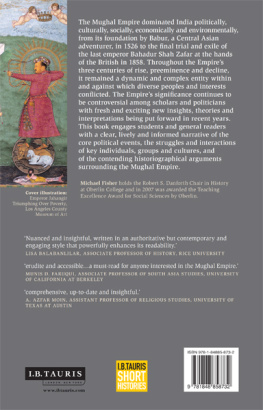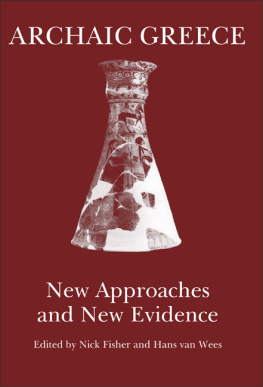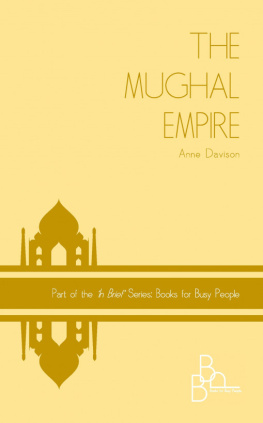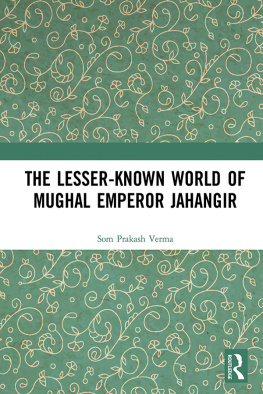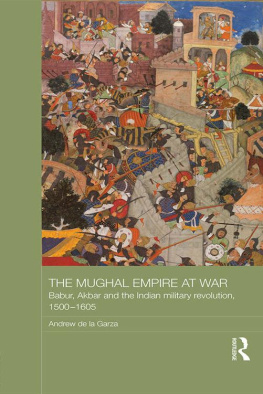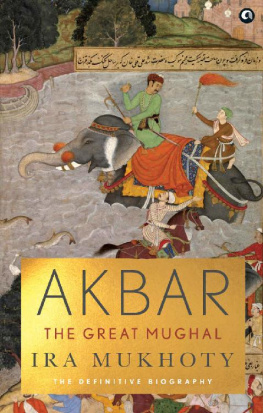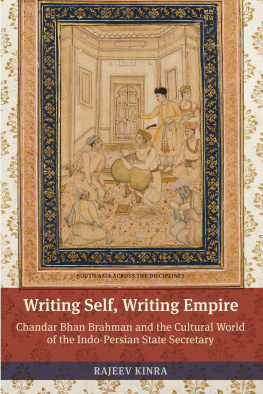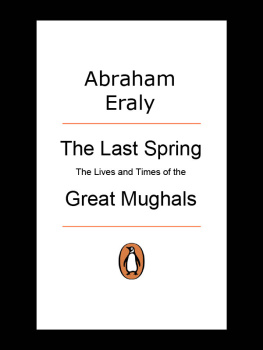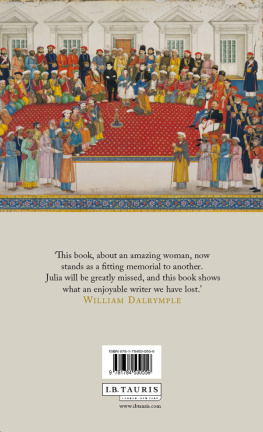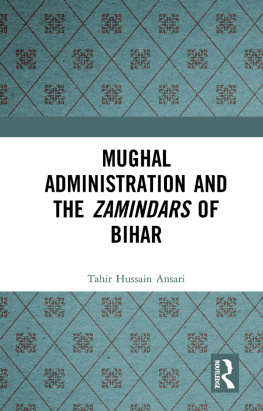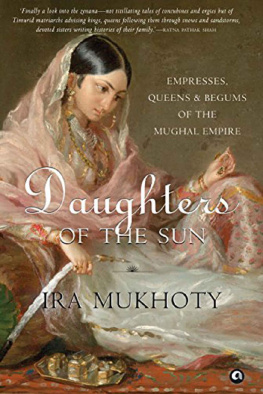

I.B.Tauris Short Histories is an authoritative and elegantly written new series which puts a fresh perspective on the way history is taught and understood in the twenty-first century. Designed to have strong appeal to university students and their teachers, as well as to general readers and history enthusiasts, I.B.Tauris Short Histories comprises a novel attempt to bring informed interpretation, as well as factual reportage, to historical debate. Addressing key subjects and topics in the fields of history, the history of ideas, religion, classical studies, politics, philosophy and Middle East studies, the series seeks intentionally to move beyond the bland, neutral introduction that so often serves as the primary undergraduate teaching tool. While always providing students and generalists with the core facts that they need to get to grips with the essentials of any particular subject, I.B.Tauris Short Histories goes further. It offers new insights into how a topic has been understood in the past, and what different social and cultural factors might have been at work. It brings original perspectives to bear on the manner of its current interpretation. It raises questions and in its extensive bibliographies points to further study, even as it suggests answers. Addressing a variety of subjects in a greater degree of depth than is often found in comparable series, yet at the same time in concise and compact handbook form, I.B.Tauris Short Histories aims to be introductions with an edge. In combining questioning and searching analysis with informed history writing, it brings history up-to-date for an increasingly complex and globalized digital age.
www.short-histories.com
Michael Fishers A Short History of the Mughal Empire is a long overdue scholarly study of the Mughal period in early modern India. There has been no comparably cohesive study of the empire since the great John Richards brought out The Mughal Empire in the early 1990s. While it is described as a Short History, Fishers study is surprisingly comprehensive and detailed, successfully engaging much of the recent scholarship in Mughal studies and braiding it into a highly accessible and thorough narrative of imperial events. Fisher pays particular attention to creating a rich and thorough context for historical events; for example, his detailed exploration of early sixteenth century Hindustani politics and culture creates a richly contextualized setting for early Mughal raids and military conquest. Unlike earlier narrative histories of the Mughals, including that of Richards, Fishers work is sensitive to the critical political role played by women of the dynasty. He also proves willing to engage the highly complex religious identities and performances of the Mughals. Although this is essentially a political narrative, Fisher displays consistent interest in the power of language and poetry, of art and architecture. One of the most valuable sections of the book, and a great boon to teachers and their students, is the final chapter, Contested Meanings. Having very efficiently wrapped up the last hundred years of the disintegrating empire, Fisher halts the narrative flow to explore the meaning and debates of Mughal historiography, beginning with the writings of Mughal chroniclers and memoirists, moving to that of their contemporaries in the region and in Europe, into the period of the Raj and even engaging the treatment of the Mughals by post-independence historians, briefly tracking intellectual movements in the historiography of the modern nations of Pakistan and India. Fishers book will become the go-to resource for scholars of the Mughals and early modern South Asia and it holds great value for historians of Empire and the pre-modern Islamic world. A natural niche for Fishers book will be in the classroom, where the Short History will offer undergraduate and graduate students a lively yet exacting narrative of the Mughal dynasty, critically and intellectually examined. Fishers study is nuanced and insightful, and written in an authoritative but contemporary and engaging style that powerfully enhances its readability.
Lisa Balabanlilar, Associate Professor of History, Rice University
Professor Fisher has done a great scholarly service by producing a comprehensive, up-to-date and insightful survey of Mughal history. It is detailed enough in its mention of sources, personalities, and concepts that serious students of the Mughal Empire can benefit from it. Yet it is also eminently readable, making it accessible to the general reader.
A. Azfar Moin, Assistant Professor of Religious Studies,
University of Texas at Austin
This erudite and accessible book wonderfully combines Michael Fishers decades-long experience thinking about the Mughals with the best insights of recent scholarship on the Mughal Empire. What emerges is a rich picture of a dynamic and evolving imperial state and society, shaped as much by contingency as by deliberate policies. A must-read for anyone interested in the Mughal Empire.
Munis D. Faruqui, Associate Professor of South Asia Studies,
University of California at Berkeley
A Short History of
the American Civil War | Paul Anderson (Clemson University) |
the American Revolutionary War | Stephen Conway (University College London) |
Ancient China | Edward L Shaughnessy (University of Chicago) |
Ancient Greece | P J Rhodes, FBA (Durham University) |
Ancient Rome | Andrew Wallace-Hadrill (University of Cambridge) |
the Anglo-Saxons | Henrietta Leyser (University of Oxford) |
the Byzantine Empire | Dionysios Stathakopoulos (Kings College London) |
the Celts | Alex Woolf (University of St Andrews) |
Christian Spirituality | Edward Howells (Heythrop College, University of London)) |
the Crimean War | Trudi Tate (University of Cambridge) |
English Renaissance Drama | Helen Hackett (University College London) |
the English Revolution and the Civil Wars | David J Appleby (University of Nottingham) |
the Etruscans | Corinna Riva (University College London) |
the Hundred Years War | Michael Prestwich (Durham University) |
Irish Independence | J J Lee (New York University) |
the Italian Renaissance | Virginia Cox (New York University) |
the Korean War | Allan R Millett (University of New Orleans) |
Medieval Christianity | G R Evans (University of Cambridge) |
Medieval English Mysticism | Vincent Gillespie (University of Oxford) |
the Minoans | John Bennet (University of Sheffield) |
the Mongols | George Lane (SOAS, University of London) |
the Mughal Empire | Michael H Fisher (Oberlin College) |
Muslim Spain | Alex J Novikoff (Rhodes College, Memphis) |
New Kingdom Egypt | Robert Morkot (University of Exeter) |
the New Testament | Halvor Moxnes (University of Oslo) |
Nineteenth-Century Philosophy | Joel Rasmussen (University of Oxford) |
the Normans |
Next page
